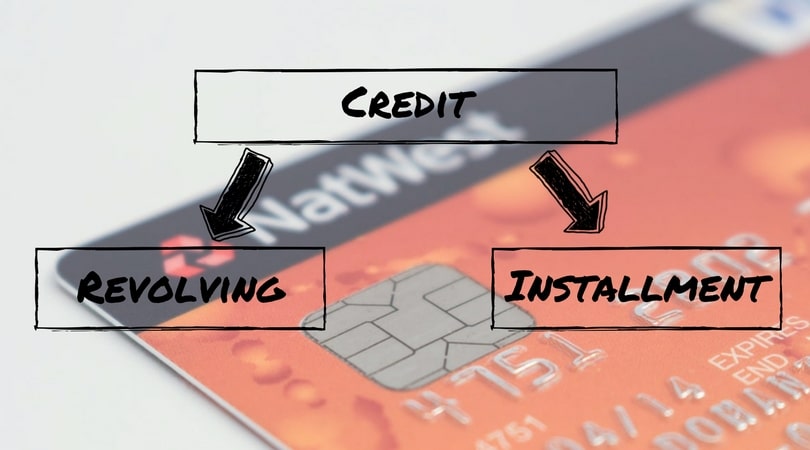Introduction: In the realm of personal finance, credit scores play a pivotal role in determining an individual’s financial health. A credit score is a three-digit number that reflects a person’s creditworthiness, representing their ability to manage debt and repay loans. Whether you’re applying for a mortgage, car loan, or credit card, your credit score will be a critical factor in determining your eligibility and the interest rates you’ll be offered. In this blog, we will delve into the world of credit scores, understand how they are calculated, explore the significance of a good credit score, and provide valuable tips on building and improving your credit.
Understanding Credit Scores:
What is a Credit Score?
A credit score is a numerical representation of your credit history, ranging from 300 to 850. The most commonly used credit scoring model is the FICO score, where a higher score signifies better creditworthiness. Credit scores are calculated based on various factors, including payment history, credit utilization, length of credit history, types of credit used, and new credit inquiries.
Importance of a Good Credit Score:
Having a good credit score is vital as it opens up financial opportunities and can save you thousands of dollars in interest payments. Lenders, landlords, and even potential employers may use your credit score to assess your reliability and trustworthiness. A higher credit score can result in lower interest rates, higher credit limits, and greater access to credit.
Building and Improving Your Credit Score:
Monitor Your Credit Report Regularly:
Start by obtaining a free credit report from each of the three major credit bureaus – Equifax, Experian, and TransUnion. Review your reports for any inaccuracies, such as errors in payment history or accounts that do not belong to you. Dispute any discrepancies to ensure your credit report reflects accurate information.
Pay Your Bills on Time:
One of the most significant factors affecting your credit score is your payment history. Consistently paying your bills on time demonstrates responsible financial behavior and positively impacts your credit score. Set up automatic payments or reminders to avoid missing due dates.
Keep Credit Card Balances Low:
Credit utilization, or the amount of credit you use compared to your credit limit, is another critical component of your credit score. Aim to keep your credit card balances below 30% of your available credit. High credit card balances can negatively affect your credit score.
Avoid Opening Unnecessary Credit Accounts:
While it may be tempting to open multiple credit accounts, doing so can hurt your credit score. Each new credit application results in a hard inquiry on your credit report, which can lower your score temporarily. Only open new credit accounts when necessary and avoid applying for several credit cards within a short period.
Maintain a Diverse Mix of Credit:
A well-rounded credit mix that includes a mix of credit cards, installment loans, and other credit accounts can positively influence your credit score. Lenders like to see that you can manage different types of credit responsibly.

Keep Old Accounts Open:
The length of your credit history is an important factor in your credit score. Keeping old accounts open, even if they are not actively used, can contribute positively to the length of your credit history.
Work with a Secured Credit Card:
If you’re new to credit or have a limited credit history, consider applying for a secured credit card. Secured cards require a cash deposit as collateral, making them accessible to individuals with limited credit.
Conclusion:
Your credit score is a powerful financial tool that influences various aspects of your life. Building and maintaining a good credit score is a journey that requires discipline, responsible financial habits, and regular monitoring of your credit report. By understanding the factors that impact your credit score and implementing the tips provided in this blog, you can take control of your financial future and position yourself for greater opportunities and financial success. Remember, a healthy credit score is not just a number; it’s a reflection of your financial responsibility and the gateway to a brighter financial future.





